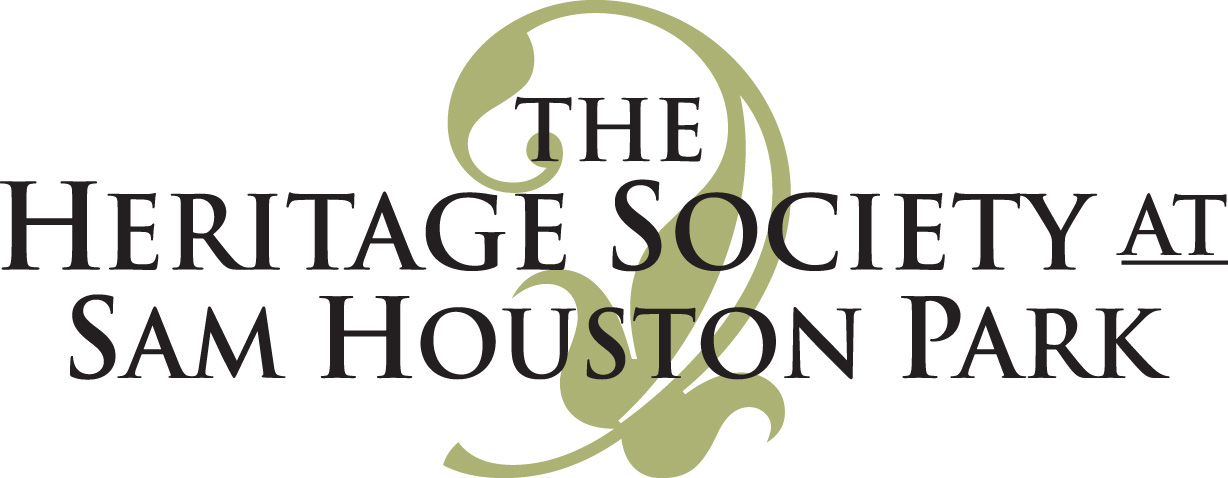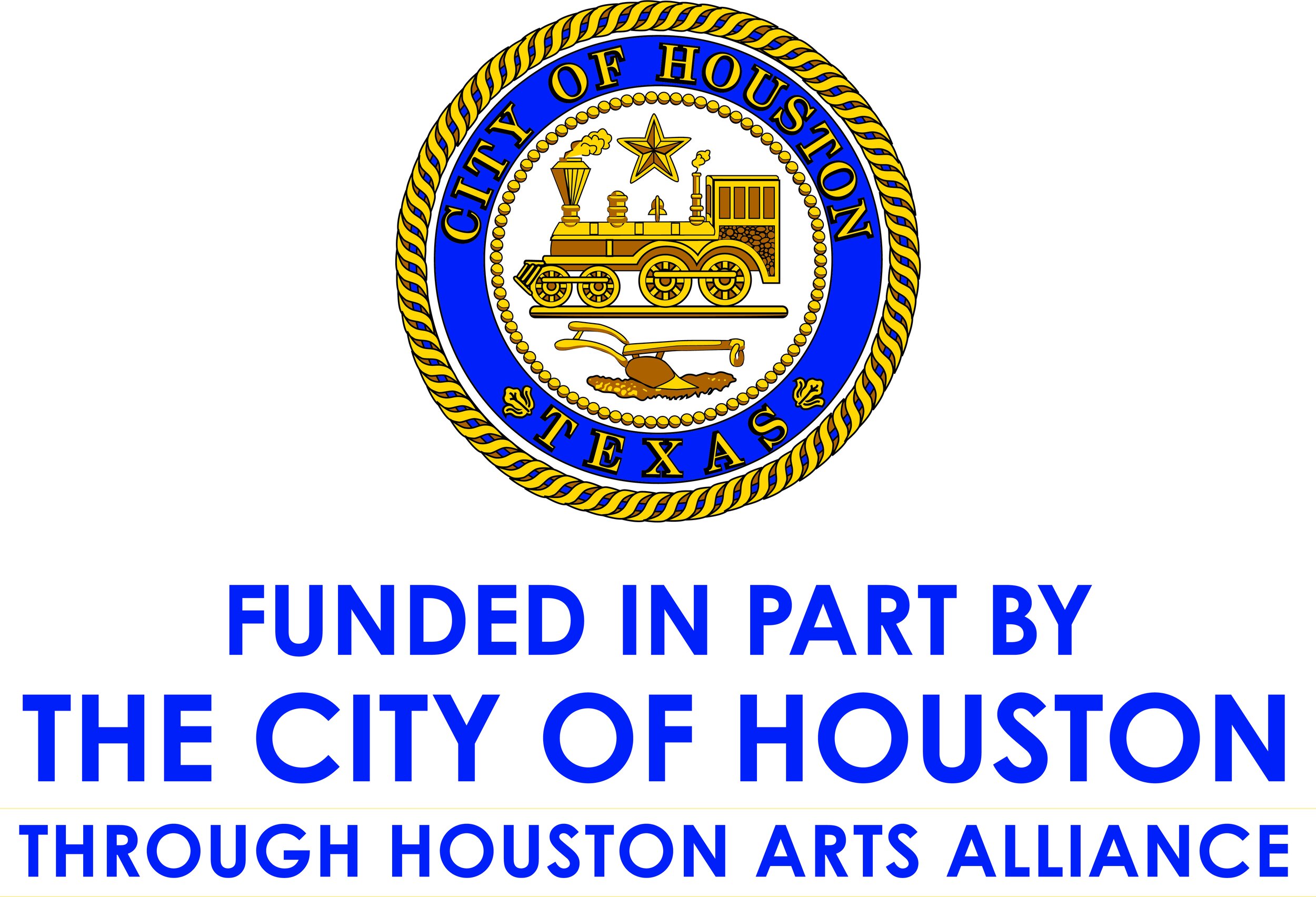John Henry “Jack” Yates
THE REVEREND JOHN HENRY "JACK" YATES, C. 1892
By 1863 when Harriet’s master decided to flee the Civil War by moving to coastal Texas, the couple were the parents of the first three of their 11 children. Yates pleaded to accompany his family to Texas. The request was granted. The Yates family remained on Harriet’s master’s new farm, situated in Matagorda County about 70 miles southwest of Houston, until the war’s end two years later.
Certain only that Matagorda County held few promising prospects for his family, Yates contemplated a return to Virginia. An interim step was a move to Houston’s Freedmen’s Town, a growing settlement of liberated erstwhile bondsmen on the town’s southwest edge. There he found work as a drayman, preaching to the faithful on weekends.
Houston swarmed with visiting missionaries, who quickly recognized the value of literate, devout Yates in spreading the Word. American Baptist Home Mission Society Elder, Israel Campbell, called on Yates to conduct services in Houston and nearby communities. Yates’ deepening role in the community’s spiritual life led to his ordination, horseback ministry to black settlements within a 100-mile radius of Houston, and, in 1868, his assuming the pastorship of the 2-year-old Antioch Baptist Church.
Antioch had had an uncertain beginning, holding its first services in a makeshift shelter on the banks of Buffalo Bayou, which courses through downtown Houston. A simple frame building also proved wanting, and Yates joined other leaders in a search for a grander church home.
A new church was purchased in the heart of Freedmen’s Town in 1875. The building where the church now stands was completed in 1879. Outside the church, Yates long had been a fervent advocate of social uplift. He championed education for blacks, and was a founder of the city’s Houston Academy, opened in 1886. He fought for the creation of an African-American cemetery, and, in 1872, joined other church leaders in establishing Emancipation Park, the City’s first for blacks.
Houston Academy, courtesy of HMRC 000004
Yates was zealous in his advocacy of frugality as a key to black ownership of land and homes. In 1869, he purchased property on Freedmen’s Town’s Andrews Street where, with the aid of his brother and brother-in-law, he erected black Houston’s first two-story house. With Tuscan columns, symmetrical upstairs-downstairs porches, full transoms above both front doors and decorative metal shingles cladding its hipped roof, the house was an impressive monument to Yates’s verve and values.
Yates died days before Christmas in 1897, but his house remained home to his descendants for much of the 20th century. At the urging of the Yates family, the house was restored, relocated to Sam Houston Park and opened to the public by The Heritage Society in 1996.
On June 18, 2021, ABC 13’s Melanie Lawson had a special about the life of Jack Yates which featured the 1870 Yates House in the second video.










